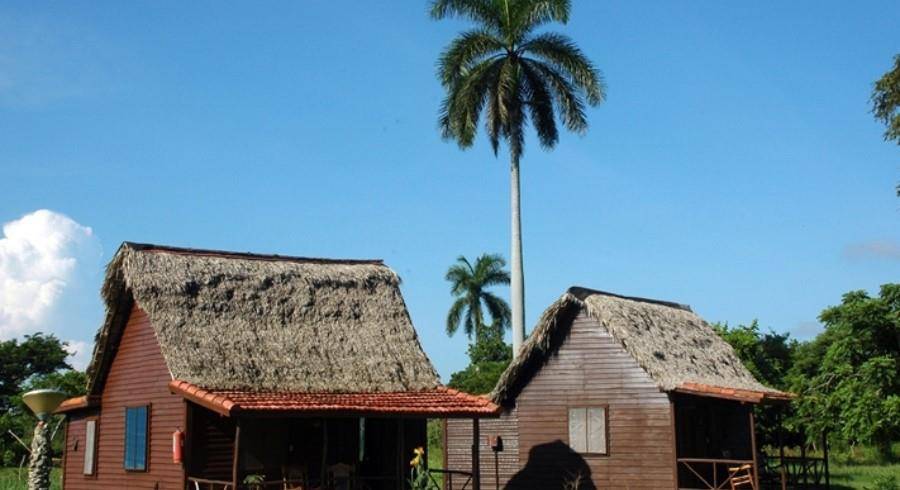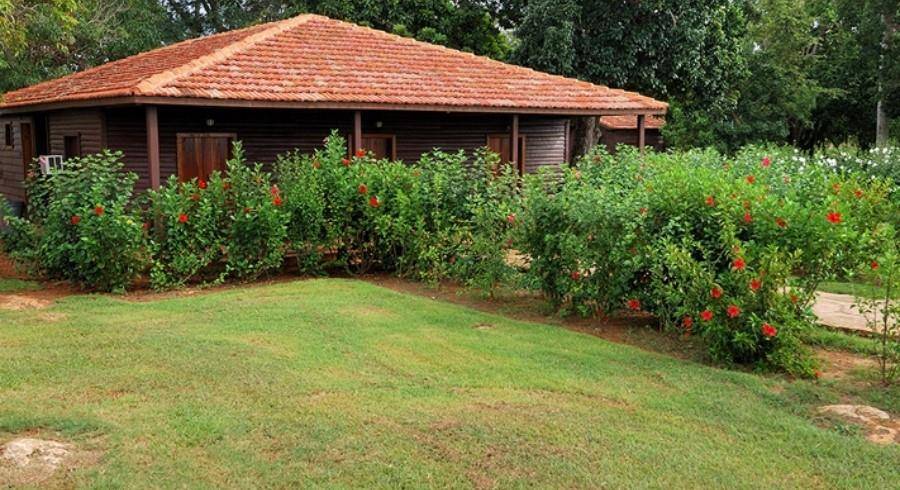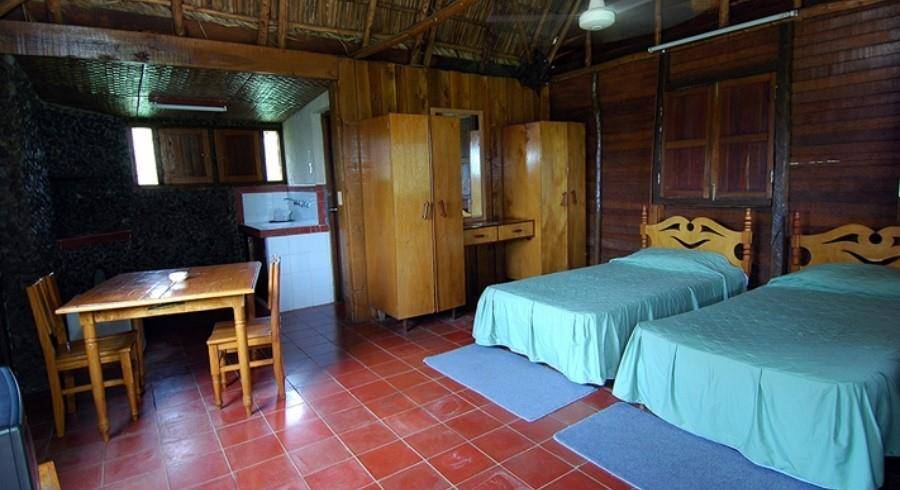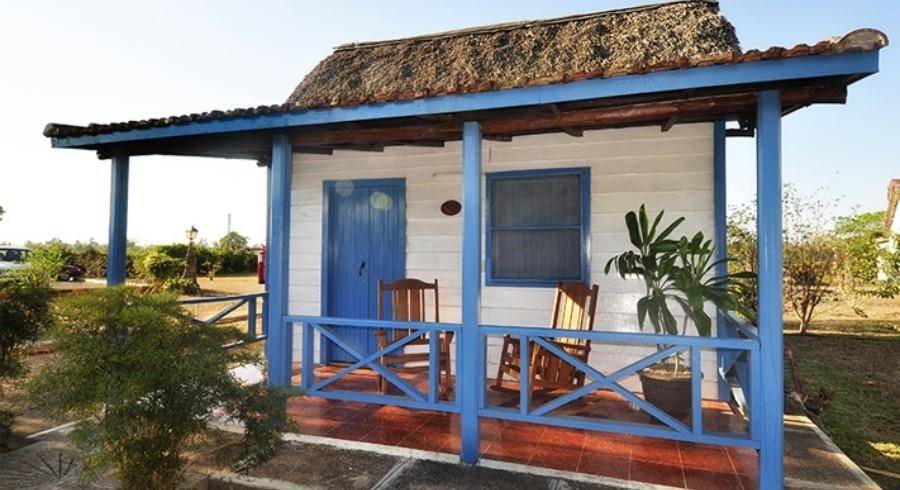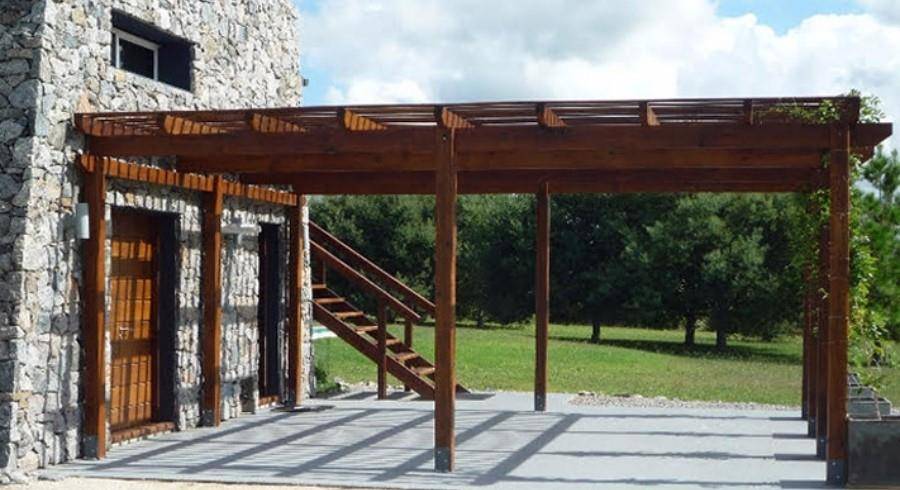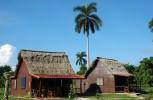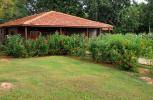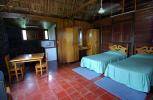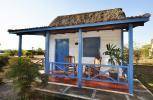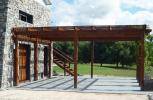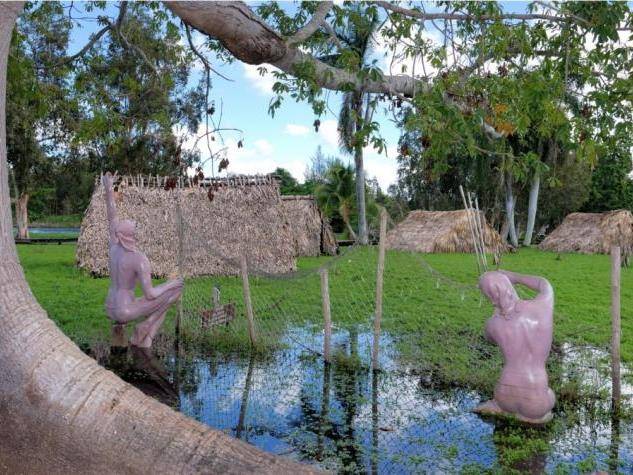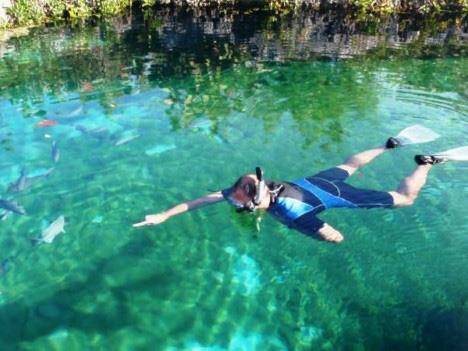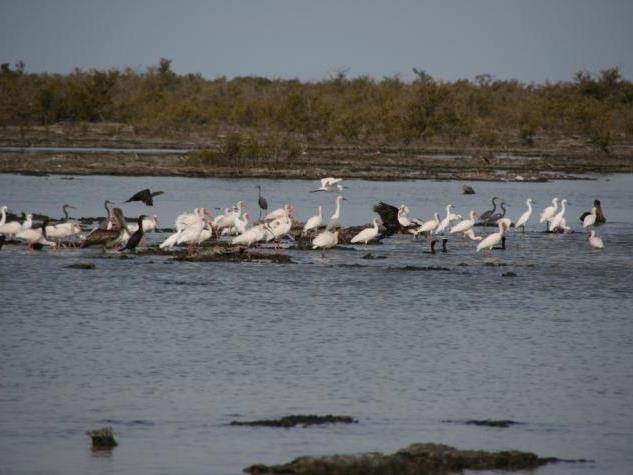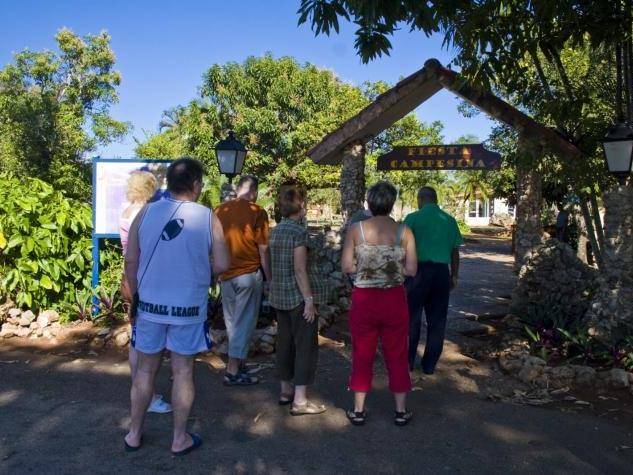
Fiesta Campesina Farm
Fiesta Campesina is a casual farm-cum-zoo where visitors can see two of Cuba's distinctive animals: the manjuarí, a primitive water creature with an alligator-like head and a fish body, and the jutía, a large-eared, muskrat-like tree rat, once prized for guajiro stews. Around the farm yard there are other animals such as: deer, peacocks, rabbits, ducks, and guinea fowl. There are souvenir kiosks scattered around, and an open-air restaurant mostly set up for tour-group buffets. At the guarapa bar, you can buy a glass of fresh-pressed cane juice, with or without rum. The musical entertainment is provided by a caged Cuban Bullfinch, a small black bird, so prized for its song that Cubans organize bird-song competitions.

